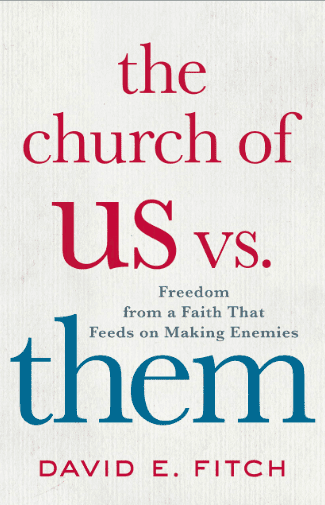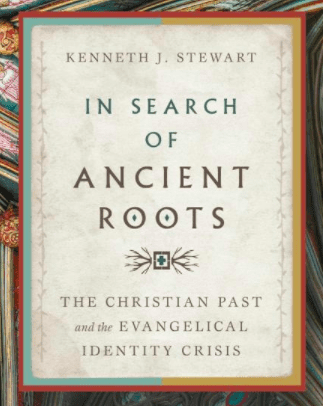What do you think? Has evangelicalism shifted so much at the grassroots level that it is headed either for a crack-up (split) or will it retain the coalition?
Richard Flory, at Southern Cal, has this post and I clipped the opening.
Several recent reports suggest that the evangelical Christian world, as we have come to know it over the last 30 years, may be changing forever. Much has been written since the last presidential election about the rise of a new consciousness among young people, including evangelical young people, many of whom supported of Barack Obama in 2008.
More recently, however, reports of younger evangelicals suggest that they have a distinctly different perspective than their elders on such issues as gay identity and marriage, the environment, how to address poverty and other social justice issues. As writers for the New York Times and TransMissionshave reported, they are even, apparently, arguing against a traditional conception of hell. While it is not exactly clear the extent to which these beliefs are really a part of the world view of younger evangelicals, or how they may translate into different forms of social action, they do suggest that important changes are unfolding within a important sector of American society.
And this piece from Paul Markham, which I could wish every evangelical younger than 40 would read because he sketches its recent history so well:
This article will address the possibility of a new evangelical movement in the United States and explore its potential to generate significant social change at the local, national, and global levels. In many ways, these “new evangelicals” share notable similarities with early evangelicals dating back to the eighteenth century – the most notable similarity being their fervor for personal and social transformation. Our present-day technological culture replete with such a high rate of information exchange is helping to form a generation of evangelical Christians who are shaped by multiple forms of knowledge and practice. I will argue that we are seeing a significant movement away from the Religious Right as these Christians find innovative avenues of social reform and entrepreneurship.
And he nails it with this:
As this segment grows numerically, there is an outstanding need for an organizational center to emerge. As we will see, many new evangelicals are characterized by a post-partisan mentality and therefore shun formal organizational affiliation; thus, a much more creative approach to organizing is required than we have seen in mobilizing tactics of the far left or right that create a distinctive in-group/out-group dynamic through polarizing one group against another.
This is right too:
Much of the character of new evangelicalism is determined by a reaction to the politics of the Religious Right and this reaction is resulting in an identity crisis of their evangelical faith. Many of these Christians are abandoning the term “evangelical” altogether and seeking new ways of expressing their religious commitments to personal and social transformation. Many scholars are attempting to reconnect these Christians to the deeper religious heritage of evangelicalism and demonstrate how they might consider themselves committed evangelicals without adhering to the narrow conservative politics of the Christian Right (e.g., Olson). As young evangelicals struggle to define themselves in a religious sense, many seem to lack a historical understanding of early evangelical reaction to the growth of Christian fundamentalism in the U.S. This understanding is critical because, in many ways, the early reaction to the fundamentalists is like the present-day reaction to the conservativism of the Religious Right.
What Markham calls “New Evangelicalism” will have to have an organizational center to survive, at least so I think. The grassroots level of work is already there, but how can we organize this coalition?











